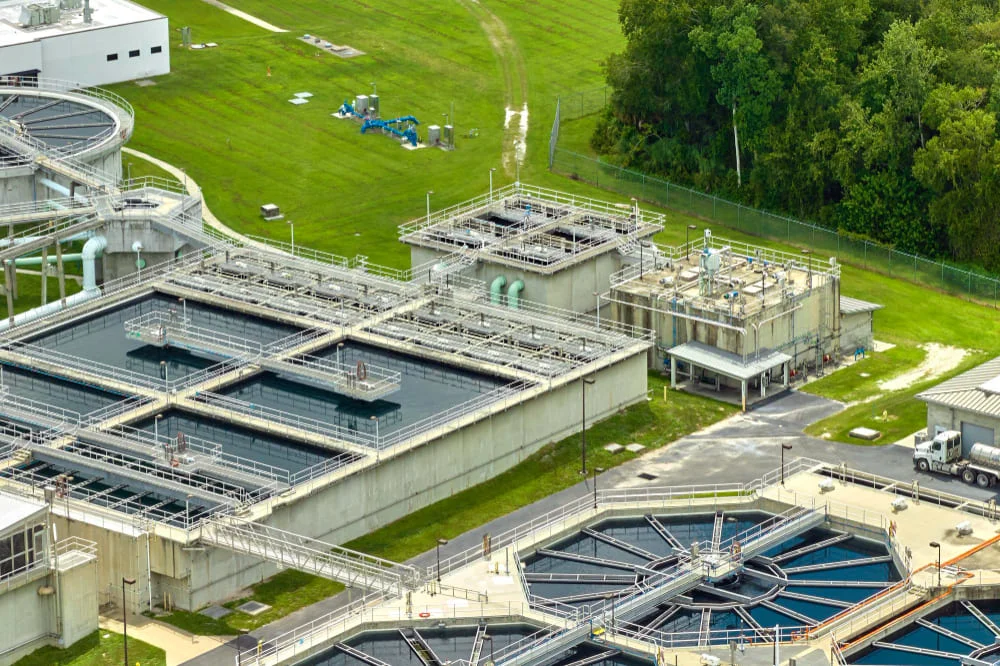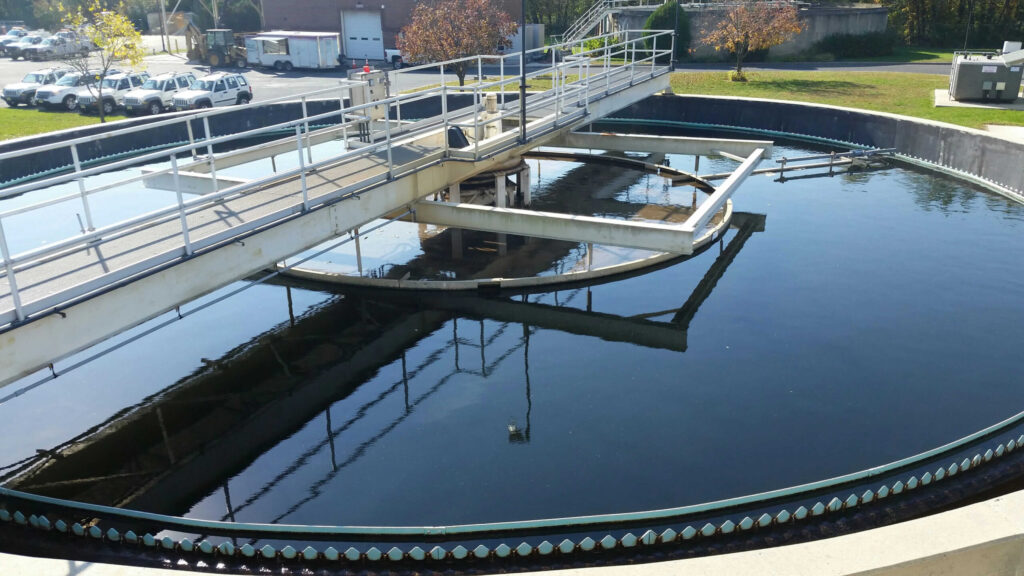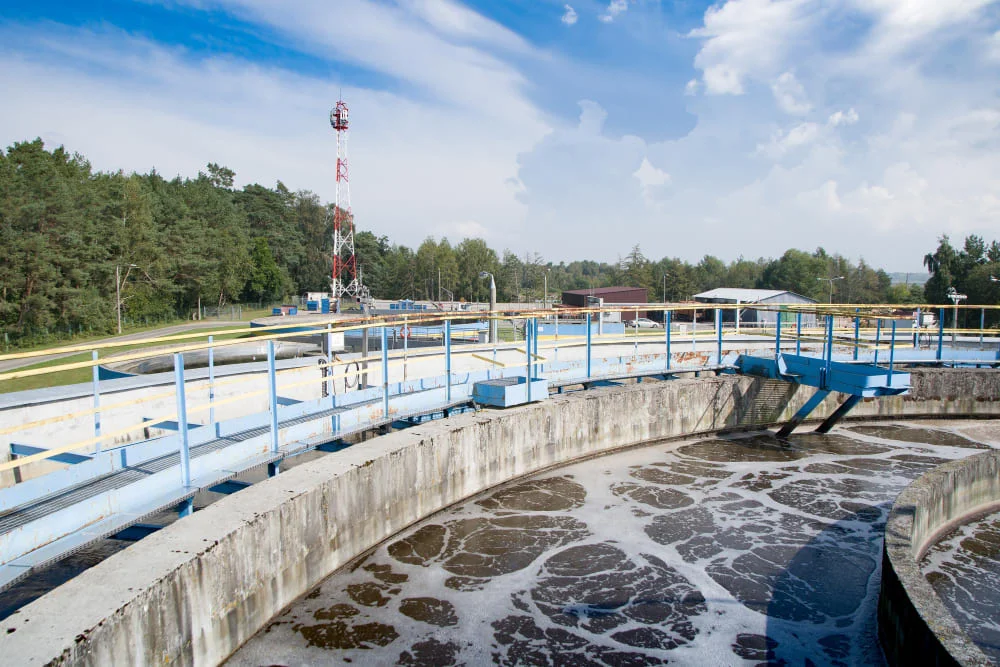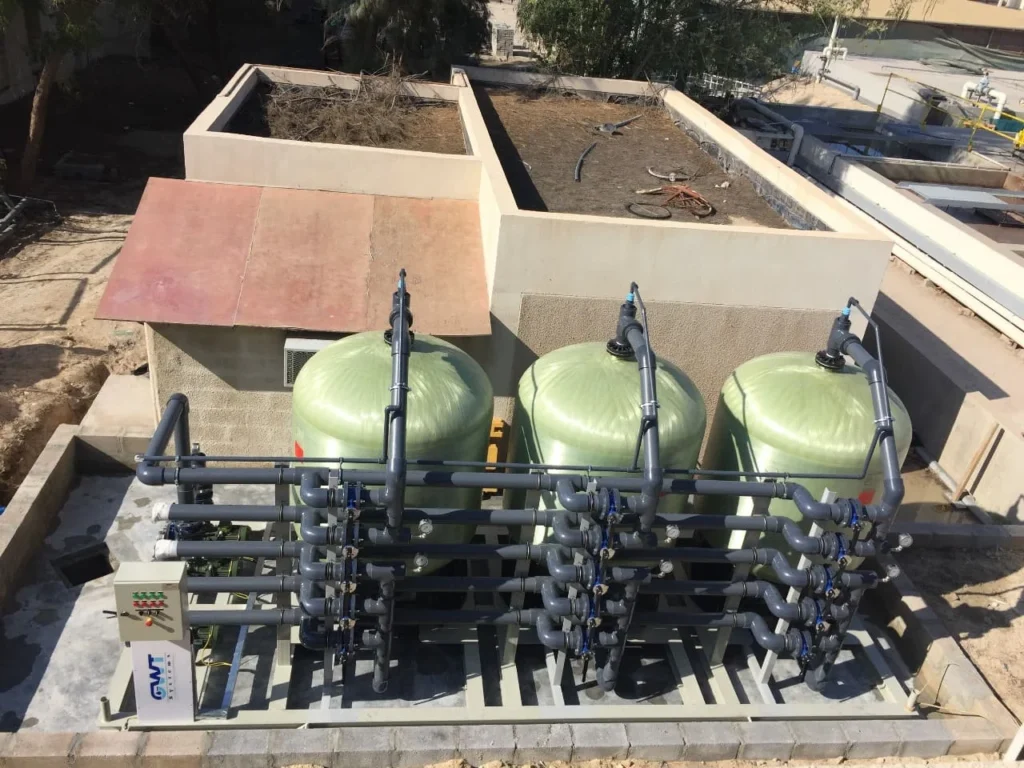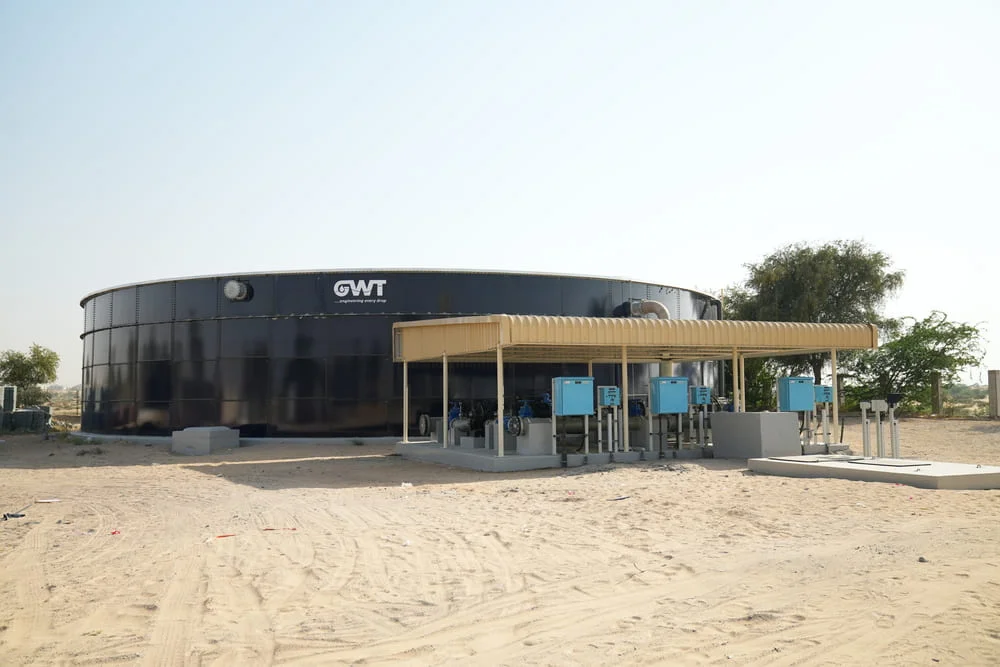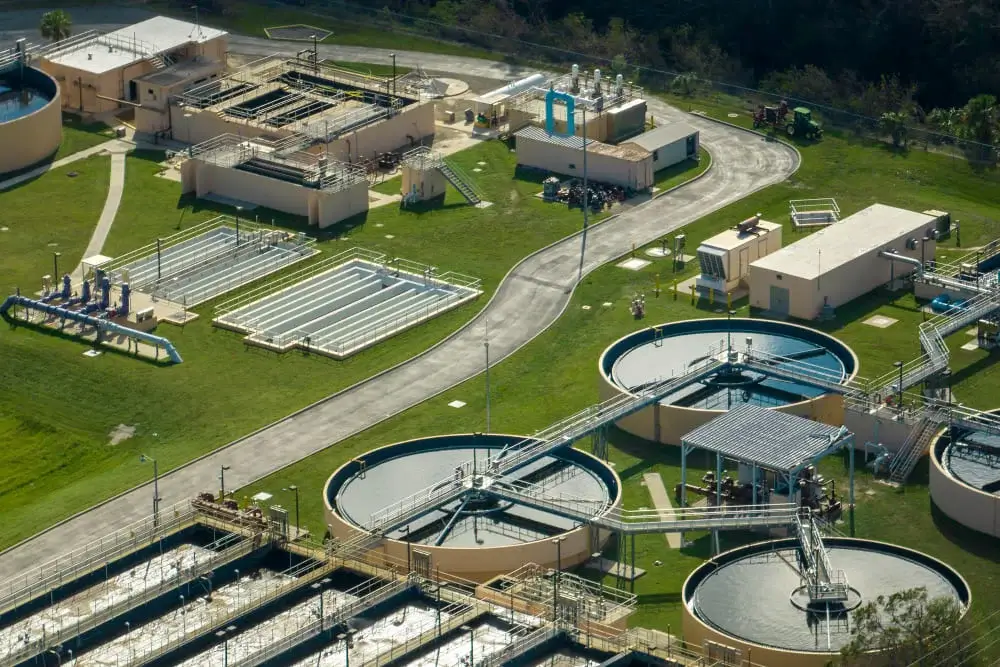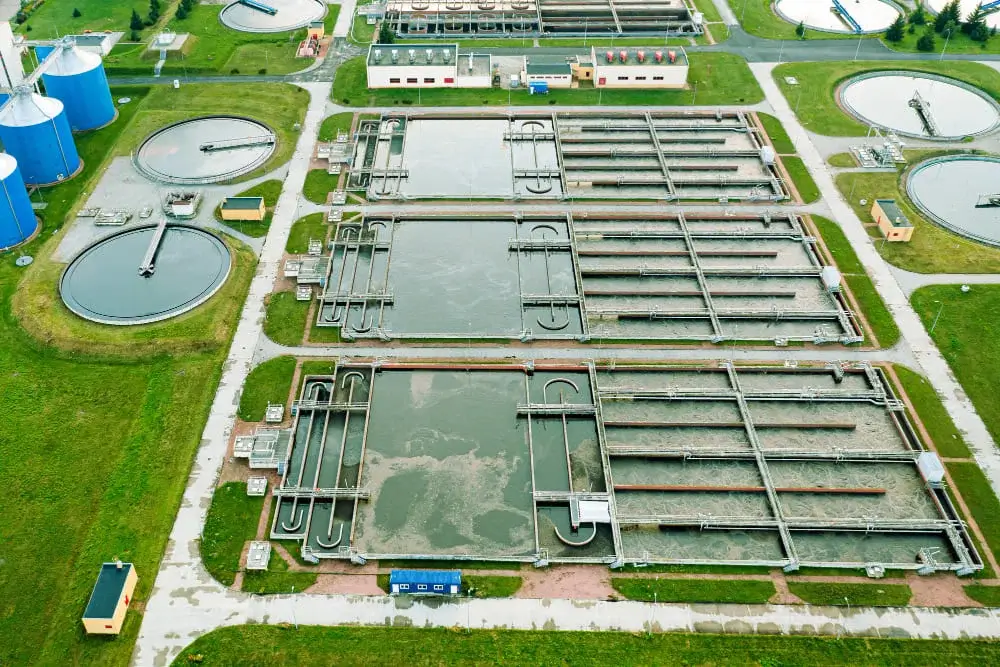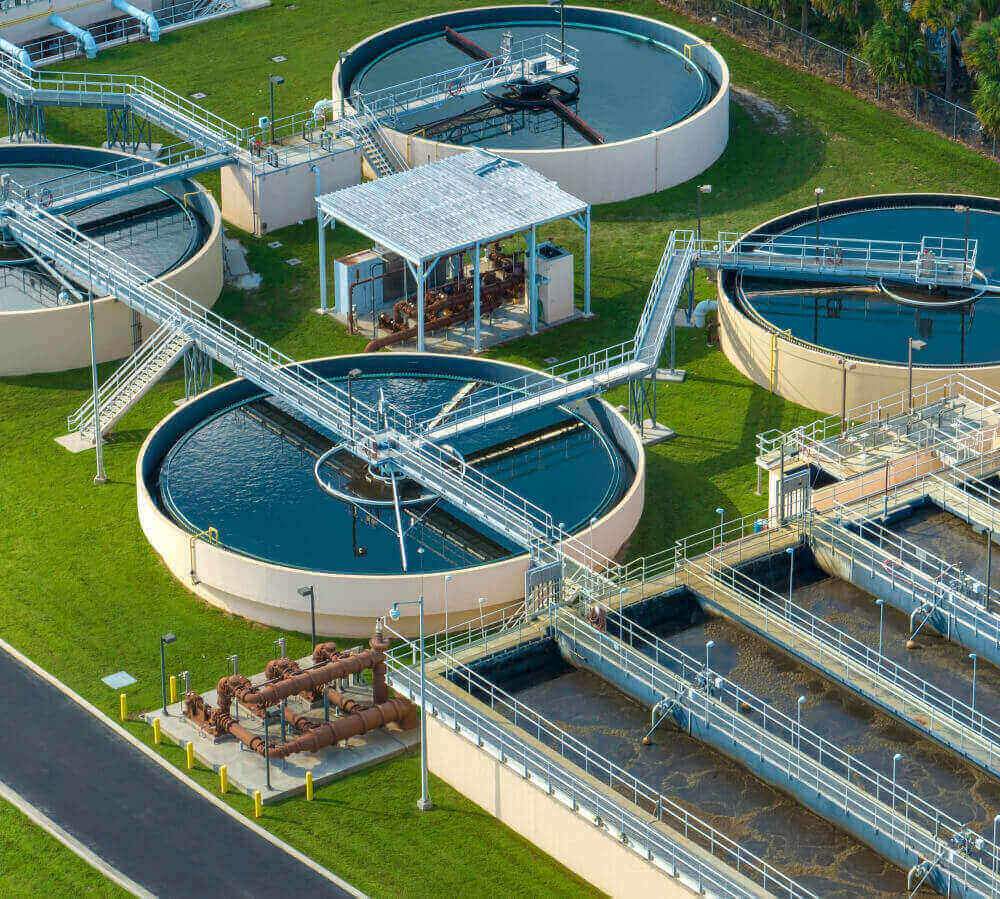The Role of Potable Water Treatment in Public Health
Water is key to life and health. Pure water that we can drink keeps us healthy. Today, less water and more pollution worry us all. So, having clean, safe-to-drink water is essential. The process of making water drinkable takes out bad things from it. No such process means diseases from dirty water and the problem of no water to drink. A trusted Potable water treatment plant supplier in Dubai helps keep the system that gives clean water to many people, keeping us all safe and healthy. Challenges in Potable Water Treatment Turning raw water into drinkable water is no easy task. Our fast-growing cities are causing water sources to face threats like factory pollutants, farm drainage, and harmful wastes. These threats make it challenging for facilities treating drinkable water. In addition to that, the climate crisis, which makes fresh water hard to come by, piles more pressure on these plants. We also need high-tech solutions to catch, and get rid of new pollutants like tiny plastic bits and leftover medicine. A worthy Potable water treatment plant supplier in Dubai must always be one step ahead, offering innovative ways to deal with changes in water quality issues. The Impact of Potable Water Treatment on Public Health Safe drinking water and public health are closely linked. Treating water properly helps stop diseases like cholera, typhoid, and dysentery. These diseases spread quickly where clean water isn’t present. By killing harmful pathogens and getting rid of chemical pollutants, treating drinkable water helps lower these diseases. This makes the community healthier and brings down healthcare costs. What’s more, having clean water to drink makes people overall healthier, aids in healthy growth in kids, and raises work efficiency. Trusted suppliers of Potable water treatment plant supplier in Dubai have an essential part in this. Their role ensures that the system is robust and delivers clean water regularly. Choosing the Right Potable Water Treatment Plant Supplier in Dubai Choosing a provider for your Potable water treatment plant supplier in Dubai is critical for public health. The provider’s know-how, up-to-date technology, and quality commitment are vital in how a water treatment plant performs. It’s crucial to pick a provider with a proven history of dependable and effective water treatment solutions. Seek a provider who supplies total assistance, from layout and installation to servicing and updates. This ensures the plant works at its best. The optimal provider will spot and address new water treatment issues swiftly, like new pollutants or climate change effects. In the end, picking a Potable water treatment plant supplier in Dubai invests in your community’s health and happiness. To end, making drinking water safe is vital to health. It lets us have clean water, needed for life and wellness. Beating the problems of treating water takes modern tech, know-how, and a profound promise to public health. By picking an excellent Potable water treatment plant supplier in Dubai, we can ensure our future is healthy and safe.

